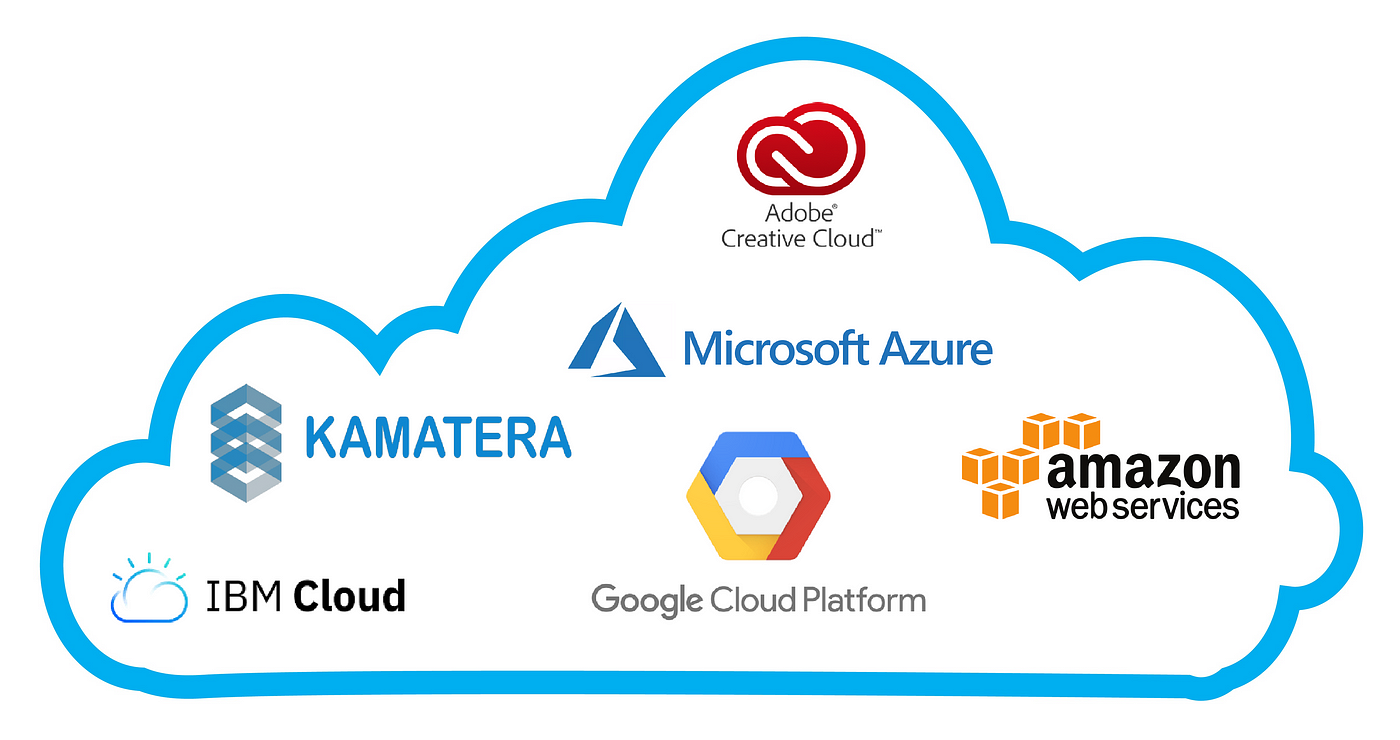Streamline IT Management With Cloud Provider
Cloud solutions have actually emerged as a feasible remedy for services looking to boost effectiveness, lower costs, and enhance total IT efficiency. How precisely do these cloud solutions reinvent standard IT administration techniques? Let's discover the transformative effect of leveraging cloud solutions on IT operations and the essential considerations for successful execution.
Benefits of Cloud Services

In addition, cloud services enable companies to enhance their operational performance by streamlining procedures and decreasing the moment and sources required for handling IT facilities. With cloud services, companies can automate routine tasks, such as software program updates and data back-ups, releasing up IT groups to focus on more calculated campaigns that drive company value.

Boosted Scalability and Adaptability
Cloud solutions provide organizations with unmatched scalability and versatility in handling their IT sources efficiently. With cloud services, companies can quickly scale up or down their computer resources, storage capacity, and network data transfer to satisfy changing demands without the need for considerable in advance investments in hardware.
Furthermore, cloud solutions supply the adaptability for employees to access company data and applications from anywhere, at any type of time, and from any device with a web connection. This capability improves efficiency and cooperation amongst remote groups or employees operating in various areas. Additionally, cloud solutions offer the adaptability to select from a variety of service designs, such as Infrastructure as a Solution (IaaS), System as a Solution (PaaS), or Software as a Solution (SaaS), based on the specific requirements of the service. The enhanced scalability and flexibility provided by cloud services encourage organizations to enhance their IT procedures and stay active in today's dynamic market environment.

Cost-Effectiveness and Savings
With the capability to efficiently allocate sources based on need, services using cloud solutions can harness considerable cost-effectiveness and understand considerable financial savings in their IT operations. In addition, cloud services decrease maintenance prices by shifting the responsibility of equipment upkeep and software application updates to the solution supplier. Generally, the cost-effectiveness and savings accomplished with cloud services make it possible for services to reapportion resources towards development and development initiatives.
Improved Protection and Conformity
Enhancing the general security position and making certain regulative compliance are extremely important considerations for organizations leveraging cloud solutions in their IT monitoring methods. Cloud provider provide sophisticated protection actions, such as data security, get redirected here multi-factor verification, and automated backups, which can bolster a business's security structure. These companies likewise follow rigid regulative standards, such as GDPR, HIPAA, and PCI DSS, assisting businesses meet compliance needs better.
Carrying out cloud services can improve security by giving centralized control over accessibility management, surveillance, and data defense. This centralized approach simplifies safety and security monitoring and guarantees regular application of security plans across the company. Cloud services commonly use real-time security updates and patches, minimizing the threat of susceptabilities and potential violations.
Best Practices for Cloud Implementation
Implementing cloud solutions effectively requires a structured approach that incorporates comprehensive planning and attentive execution. To make sure a smooth transition to the cloud, companies need to start by conducting a thorough analysis of their present IT facilities and identifying which work are ideal for migration. It is important to establish clear goals and specify key performance signs (KPIs) to measure the success of the cloud execution.
Among the most effective methods for cloud implementation is to meticulously choose a cloud service supplier that straightens with the organization's demands in terms of safety and security, conformity, cost-effectiveness, and scalability. Additionally, creating a comprehensive migration strategy that outlines the actions entailed, timelines, and duties is important for an effective execution.
Frequently enhancing and checking cloud resources to make sure effective efficiency and expense management is an additional important element of cloud execution ideal practices. Continual examination of the cloud setting and staying educated about updates and new features offered by the cloud carrier can better improve the organization's cloud approach. By adhering to these ideal techniques, companies can streamline their IT management and take full advantage of the benefits of cloud services.
Conclusion
In final thought, leveraging cloud services for IT management offers various advantages, consisting of improved scalability, cost-effectiveness, enhanced safety and security, and compliance. On the whole, cloud her response solutions boost operational performance and useful site dexterity in handling IT facilities.
Furthermore, cloud services provide the flexibility to select from a range of solution models, such as Infrastructure as a Solution (IaaS), System as a Solution (PaaS), or Software as a Solution (SaaS), based on the particular demands of the service. In addition, cloud solutions lessen upkeep prices by shifting the responsibility of equipment maintenance and software program updates to the service company.Enhancing the overall protection pose and ensuring regulative conformity are critical considerations for organizations leveraging cloud services in their IT management strategies.Routinely optimizing and checking cloud resources to ensure efficient efficiency and cost administration is one more crucial element of cloud application best techniques. Constant assessment of the cloud environment and remaining notified about updates and brand-new attributes supplied by the cloud company can further enhance the organization's cloud technique.